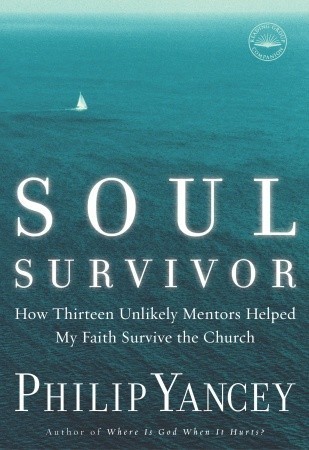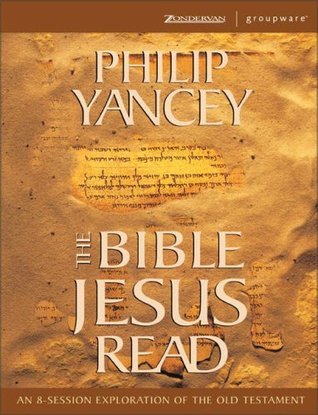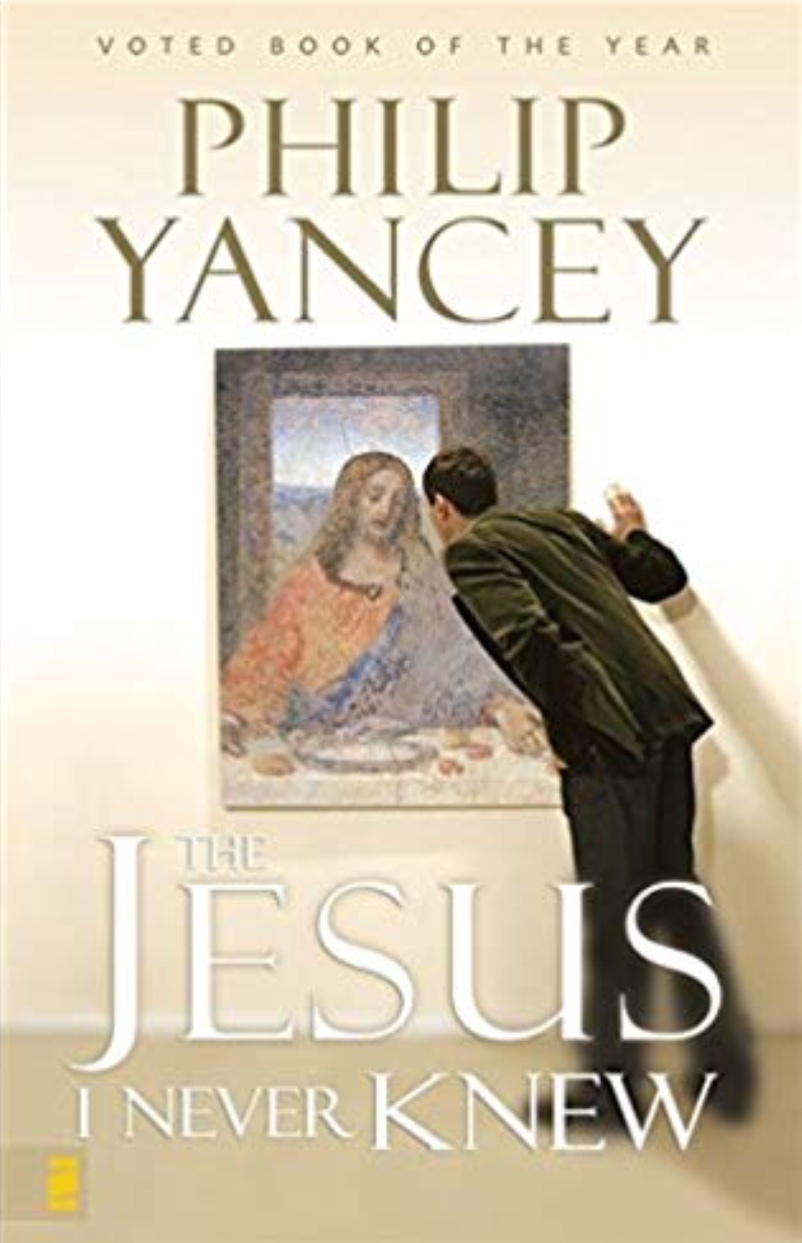
Soul Survivor: How Thirteen Unlikely Mentors Helped My Faith Survive the Church
Book Description
Amid the shadows of disillusionment with faith, one man's journey through the wreckage of the church sparks a vibrant quest for understanding. Philip Yancey emerges from the ashes of his struggles, guided by thirteen unexpected mentors who illuminate vital truths about belief, love, and grace. Each encounter offers a striking lesson, challenging norms and rekindling hope in the most unlikely places. As the tapestry of faith unfolds, can Yancey reclaim his relationship with God amidst the chaos? This gripping exploration of faith and resilience will leave hearts awakened and spirits questioning: What does it truly mean to believe?
Quick Book Summary
"Soul Survivor" by Philip Yancey traces the author’s journey through disillusionment with the church and his search for authentic faith. Disheartened by hypocrisy and failures within organized religion, Yancey contemplates abandoning Christianity. Instead, he finds hope and new perspectives from thirteen unexpected mentors—writers, activists, and thinkers—whose lives and works reignite his faith. Each mentor offers unique insights into grace, suffering, justice, and the complexity of belief. Through these encounters, Yancey learns how to embrace doubt, wrestle with hard questions, and rediscover a meaningful relationship with God. The book serves as both a memoir and a tribute to the outsiders, heretics, and truth-seekers who preserve faith amidst institutional shortcomings, showing that belief can survive—even thrive—when guided by courage, compassion, and intellectual honesty.
Summary of Key Ideas
Table of Contents
Faith Beyond the Institution
Philip Yancey's early faith was shaped by a rigid, judgmental church culture in the American South. As he grew older, Yancey became disillusioned with the dogmatism and exclusion he witnessed, leading him to question the foundations of his belief. Disheartened by the failures of the institution, he sought answers beyond traditional boundaries, unsure if his faith could survive the church’s shortcomings. His journey becomes one of deconstructing inherited beliefs while seeking genuine spirituality and truth.
Learning Through Unlikely Mentors
In his quest, Yancey turns to thirteen figures—some famous, some nearly forgotten—whose writings and lives challenged the status quo of Christianity. These mentors include C.S. Lewis, Dr. Paul Brand, Martin Luther King Jr., and others from diverse backgrounds and denominations. Each provided a template for living authentically, thinking independently, and wrestling with hard theological questions. Through memoir and reflection, Yancey shows how mentors outside the mainstream church can offer surprising wisdom, reminding readers that faith often flourishes in the margins.
Embracing Doubt and Honest Questions
Central to Yancey's rediscovery of faith is the acceptance of doubt and questioning as vital to growth. Rather than viewing uncertainty as weakness, he illustrates how mentors like Lewis or Shusaku Endo engaged honestly with suffering, injustice, and paradoxes in belief. Yancey learns that honest wrestling, rather than simple answers, leads to a deeper, more durable faith. This section invites readers to embrace their own questions, recognizing them as essential to spiritual maturity and resilience.
Living Out Grace and Compassion
Another major theme is the enactment of grace and compassion in the real world. Yancey’s mentors demonstrated radical love—serving leprosy patients, advocating for civil rights, or writing about the marginalized. He recounts their examples of sacrificial love and forgiveness, challenging readers to move beyond dogma to lived experience. Yancey’s encounters encourage practical faith, calling believers to reflect God’s grace even when institutions fail.
Resilience Through Suffering
Yancey weaves his mentors’ stories into his own journey of moving from cynicism to hope. He finds that resilience springs from engaging both suffering and joy, and that faith is a journey sustained by community, honest reflection, and courageous mentors. Through grappling with institutional flaws and learning from unconventional guides, Yancey rebuilds a faith marked by humility, compassion, and an unwavering commitment to seek truth. "Soul Survivor" ultimately offers encouragement that faith not only endures but can be revitalized through doubt, compassion, and relationships with those willing to challenge the status quo.
Download This Summary
Get a free PDF of this summary instantly — no email required.





